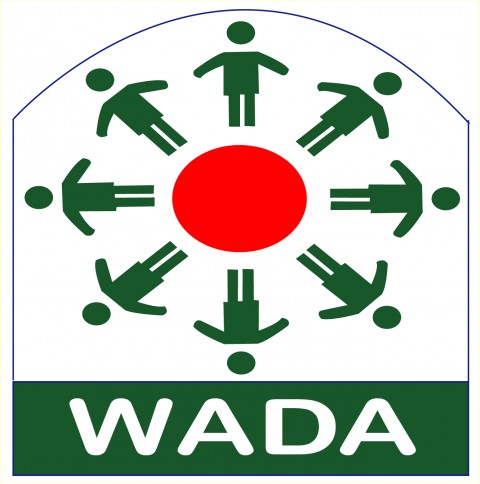Water, Sanitation and Hygiene Programme
2016 - 2030 • Welfare Association for Development Alternative
Purpose
Capacity building of women and children on safe water and sanitation and establishing water rights
Activities
The women, girls and children living in disadvantaged area of Bangladesh have been the target of the project. Bagerhat is coastal district of Bangladesh that is often havocked by cyclones andnatural disaster. Salinity is also a common problem in this area. So, the poor suffer due to water and sanitation problems in their regular life especially women, girls and children.
WADA conducts awareness and capacity building training to rural women and children for safe sanitation. Regular yard meetings, hand washing practice for children, safe toilet use,motivation to male and female groups for safe toilet and water close to home are a part of the training programme. Women empowerment in water and sanitation sector and MHM is also one of our focal areas of this project. We are working for achieving SDG-6 by 2030.
Countries of activity
Location of main activity
Filter tags
Capacity development Community sanitation East Asia & Pacific Local NGO Rural Rural areas Specific to one or several countries
Links
Welfare Association for Development Alternative (WADA)
Bagerhat
Bangladesh
Uploaded by:
Shobana Srinivasan (shobana)
















